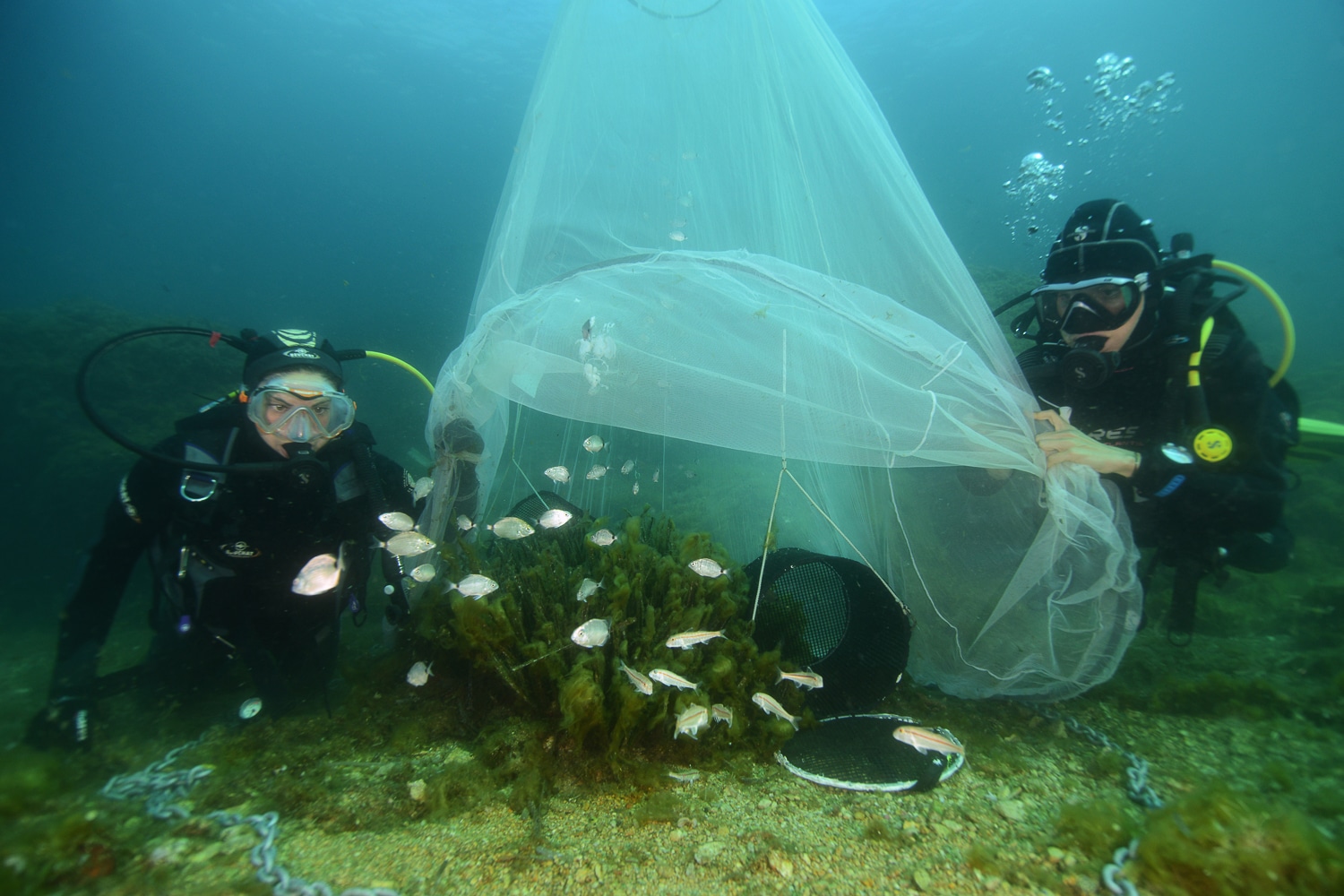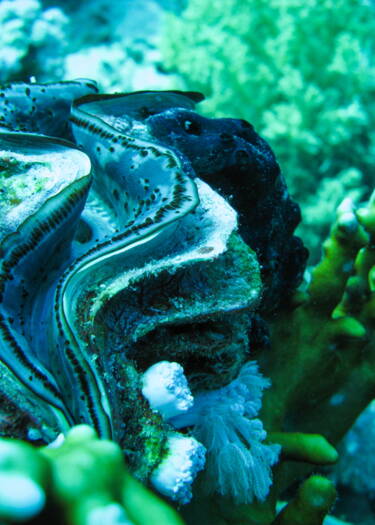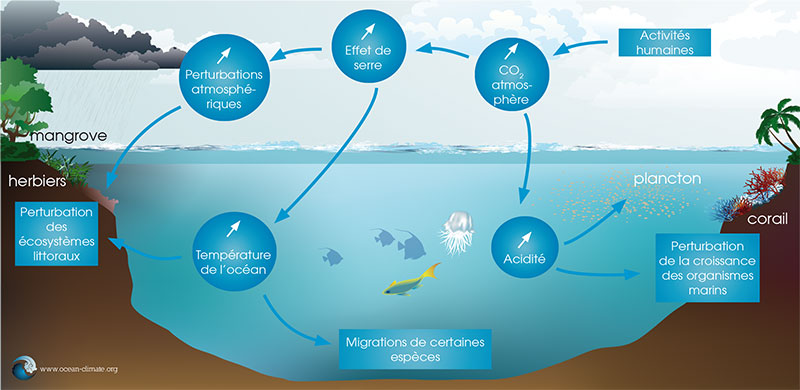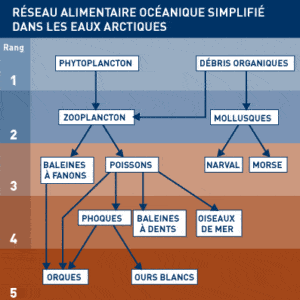The preservation of the marine biodiversity is essential for the future of our planet. Marine ecosystems ensure climate stability, oxygen production, and provide vital resources such as food, water and medicine. By protecting this biodiversity, we not only support the resilience of the oceans in the face of climate change, but also economic development and sustainable growth. The oceans, true reservoirs of biodiversity, play a crucial role in mitigating the negative effects caused by environmental disturbances.

Marine biodiversity and marine ecosystems play a central role in climate regulation, oxygen production, food and medicine supply, while supporting sustainable economic growth. Their preservation is therefore essential not only for the health of the oceans but also for the well-being of the entire planet and future generations.
Table of Contents
ToggleMarine biodiversity: a pillar of ecological balance
Marine biodiversity forms a complex and interdependent web of life. It ensures the stability and resilience of marine ecosystems in the face of climate change and human disturbance. By regulating the climate and producing oxygen, marine biodiversity directly contributes to the overall health of our planet.
An essential reservoir of resources
The oceans are an invaluable source of food, medicine and water. The variety of marine species makes it possible to meet basic human needs. For example, many medicines are derived from marine compounds, and fisheries represent an important food source for millions of people around the world.
The key role of coastal ecosystems
Coastal ecosystems, such as mangroves, salt marshes and coral reefs, are crucial for marine biodiversity. They play a major role in protecting coastlines against erosion, regulating the climate through carbon storage and providing habitats for a multitude of marine species.
The impact of marine litter
Every year, around 100,000 marine mammals and almost a million seabirds die due to plastic pollution. This waste, in addition to causing direct deaths, poisons marine ecosystems and disrupts food chains.
Mitigating the effects of climate change
Conversely, rich and healthy biodiversity helps mitigate the effects of climate change. For example, coral reefs absorb wave energy and can help reduce the impacts of storms, while kelp forests sequester carbon.
Protect for the future
Protecting marine biodiversity is essential to ensure a sustainable future. Studies show that protecting 30% of the oceans could help restore marine biodiversity, increase fisheries resources and strengthen the resilience of ecosystems in the face of disturbances.
Investing in marine conservation
Investors play a key role in preserving marine biodiversity. By supporting conservation projects and businesses that adopt sustainable practices, they can help protect marine resources while making responsible investments.
Our future and marine biodiversity
In short, the preservation of marine biodiversity is crucial for maintaining the ecosystem services essential to humanity. It helps regulate the climate, provide food and medicine, protect coasts and ensure the resilience of our planet in the face of environmental challenges.










